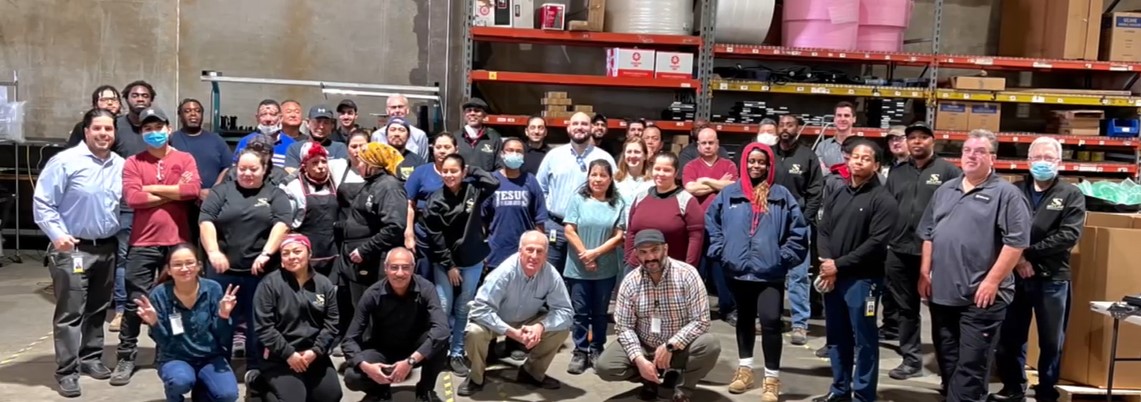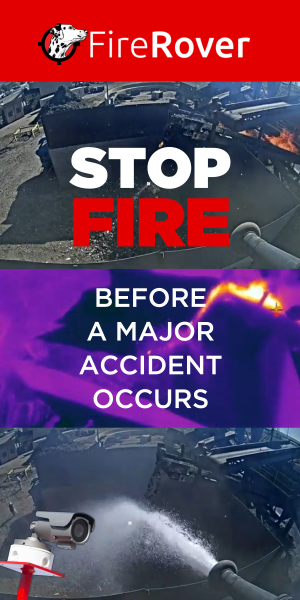In 2005, a school bus carrying a small group of students from Chantilly High School drove to Securis, an electronics recycling company headquartered in Chantilly, Va. The students and their teacher were the first group to participate in Securis’ program in collaboration with Chantilly High School that offers unpaid internships to students with disabilities through the school’s trade program.
Jeremy Farber, president and founder of Securis, didn’t know what to expect from the program that first year but he’s watched it grow into an annual program that benefits the company and community. “When I was approached about the program, I learned that the school’s mandate is to find opportunities to give kids who have developmental delays or disabilities training in a particular skill that they can go on to use in the workplace,” Farber says.
The school was grateful to Securis for providing the opportunity as these types of internships are few and far between. Not many businesses are willing to take the time to allow students in, some opportunities may not offer the right kind of experience or training, and some internships may be too far away for schools to travel to.
What’s more, unemployment among adults with disabilities is incredibly high in the U.S. In 2021, 19.1% of persons with a disability were employed, up from 17.9% in 2020, the U.S. Bureau of Labor Statistics reported in Feb. 2022. In 2019, prior to the pandemic, only 19.3% of persons with a disability were employed. Providing opportunities to teach students workforce skills could help change those numbers.
 “Students come to the facility for an hour accompanied by a supervisor and are trained on how to disassemble computers,” says Kristi Campbell, Securis’ director of marketing. “They learn about electronics recycling, the importance of the downstream, how recycling benefits the environment, and the value of different recyclable materials.”
“Students come to the facility for an hour accompanied by a supervisor and are trained on how to disassemble computers,” says Kristi Campbell, Securis’ director of marketing. “They learn about electronics recycling, the importance of the downstream, how recycling benefits the environment, and the value of different recyclable materials.”
The internship has grown popular over the years among the students at the trade school. On several occasions, after graduating high school, students who had participated in the internship took jobs at Securis. “That’s our goal,” Farber says. “We get to see the process go full circle. Students think it’s a cool internship, they can learn useful skills, and they can add the experience to their resumes.”
In 2017, more than 10 years after launching its internship program, Securis teamed up with the nonprofit organization ServiceSource to employ adults with disabilities in the company. “The recycling industry can be a great source of jobs for adults with disabilities,” Farber says.
ServiceSource determines how much of the job an individual can do based on his or her disability and subsidizes the difference in pay, Campbell explains. Individuals who are assigned to work at Securis come in every day and learn how to take apart computers and other devices. They also learn about the global recycling stream. These individuals don’t work directly for Securis, rather they are employed by ServiceSource and placed as a group at Securis’ facility to work alongside Securis’ employees.
Not only are the positions good work for people with disabilities but also, they get to do supervised hands-on work outside of the house. “People with severe disabilities often live with a caregiver so they’re not on their own,” Farber says. “For them, being employed gives them the chance to be productive and get out of the house.”
Campbell adds that these opportunities also benefit the individuals’ caretakers, creating a trickle-down effect. Through its work with the local communities, Securis has learned of situations where people who care for individuals with disabilities are unable to work if those under their care aren’t able to get out of the house. “During our conversations with various people in the community, we heard from one woman who didn’t have the financial resources to stay home with her son,” Campbell says. “He couldn’t be left unsupervised, and she couldn’t go to work unless he had somewhere to go to as well. Having that place be one where he can learn work skills and earn wages while contributing to the community is the best solution for everybody.”
Farber says employing adults with disabilities greatly benefits his company. These individuals have great soft skills, get along well with their colleagues, and look forward to coming into work.
“As electronics recyclers we often need to dismantle materials by hand,” Farber says. Any device powered by a lithium-ion battery needs to be taken apart by hand. Someone must unbox the devices, take them apart, sort them, and send them down the line. The employees from ServiceSource learn how to disassemble various types of electronic devices and sort and separate the material before they go off for processing.

“In the recycling industry it can be hard to fill positions at the sorting and picking lines,” Farber says. “By partnering with ServiceSource we’re seeing an opportunity for an underserved part of the population to take these jobs and enjoy them.”
It’s important for businesses to realize that employing individuals with disabilities can be a win-win for the employees and the company. As local leaders, businesses should strive to not only make profit, but also to give back and serve the community, Farber says. “I don’t think businesses can afford to just focus on profit,” he explains. “In today’s society, people want to work for businesses that serve the greater good. There’s a lot of different ways to serve your local community. We’re typically community leaders, we’re the ones hiring people, and advocating for policy or changes. Being a leader means you need to do more than just serve yourself.”
Photos courtesy of Securis.
Additional Resources













